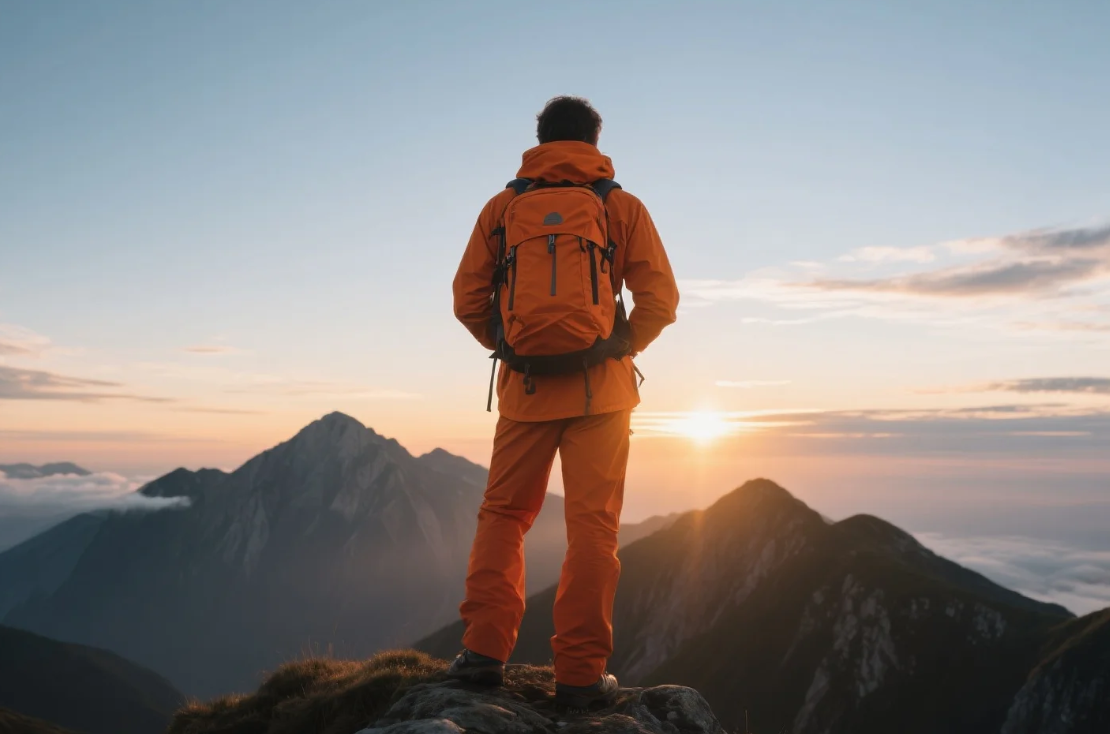


Find the best replica watches with Swiss movements at low prices. You can even purchase high-quality watches at wholesale prices here. Just visit https://www.localdlish.com




When preparing for a wilderness adventure, most people think of packing tents, flashlights, water filters, or multi-tools. But one item often overlooked—and critically important—is the survival whistle. This small, lightweight tool can literally mean the difference between being found or remaining lost in the wild.
A survival whistle is designed to produce a piercing, high-pitched sound that can carry much farther than shouting. In the dense forest or deep canyon, your voice might not travel far, especially if you’re injured or exhausted. A whistle requires very little effort and can be heard up to a mile away, depending on terrain and conditions.
Three short blasts of a whistle is a universally recognized distress signal in outdoor and survival scenarios. Search and rescue teams are trained to listen for this pattern. This simple code increases your chance of being located quickly in an emergency.
Unlike flashlights or phones, a whistle doesn’t rely on batteries or visibility. It weighs almost nothing and can be worn around the neck or attached to a backpack strap for easy access. Many survival whistles are integrated into other gear, such as multi-tools, fire starters, or paracord bracelets.
Rain, snow, darkness, or dense fog can impair visual signals and dampen the human voice. A high-quality survival whistle cuts through environmental noise, making it ideal for signaling in any weather condition, day or night.
In large groups or during team hikes, a whistle is a great tool for quick communication. One blast could mean “stop,” two could mean “go,” and three could indicate an emergency. Establishing a simple code among your group can enhance coordination and safety.
Every hiker, camper, backpacker, or outdoor enthusiast should carry a survival whistle in their emergency kit. It takes up minimal space but plays a huge role in survival situations. Whether you're exploring remote trails or camping in a national park, it’s one of the simplest and smartest safety items you can bring.

Conclusion
A survival whistle may be small, but its value in the wild is enormous. It can help you stay safe, communicate clearly, and call for help when it matters most. If you're building your outdoor gear kit, don’t overlook this vital tool—because when you're out in the wild, being heard can save your life.